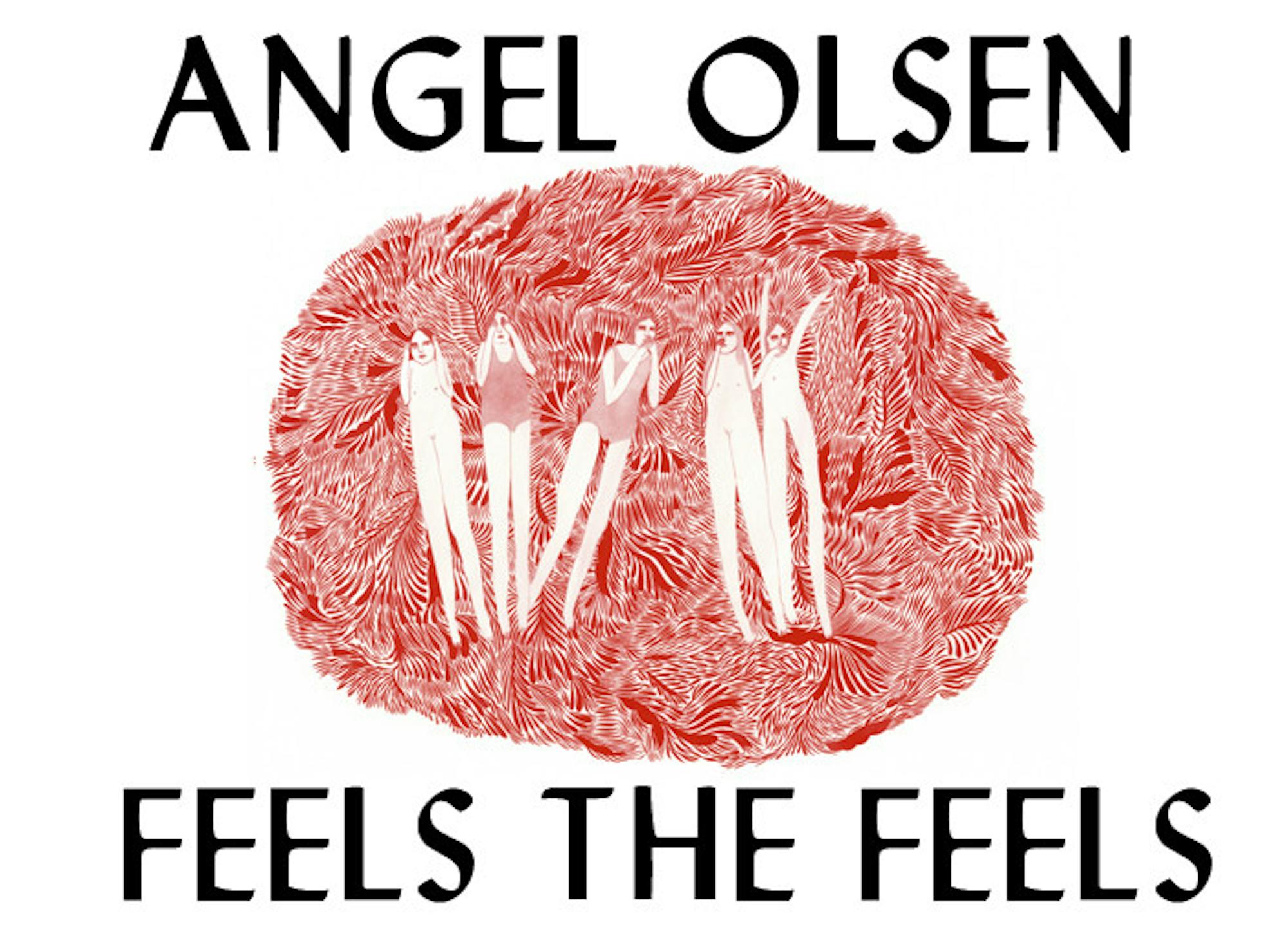
Angel Olsen opens “Burn Your Fire for No Witness” briefly crooning about a newfound love. She reacts with a truly human response — she wishes everything could immediately end now so she could find herself happy within the vacuum of this new relationship.
However, the (Observer-censored) title of the song reads “Unf***theworld,” and the sentiment here is fleeting, so maybe this narrative is mere wishful thinking from the artist, rather than reality. Over the course of her second studio LP, Olsen explores the many facets of personal relationships, especially relationships with oneself as much as with others.
In 2012, Angel Olsen released her debut studio album, “Half Way Home,” featuring a handful of quiet, enigmatic folk tunes. The singer’s guitar work was not immediate, but the largely acoustic album presented a skilled artist. Her dynamic vocal work and songwriting on that debut, however, hinted at Olsen’s brooding need to break out.
A combination of folk-singing you might come across in a publicly accessible library archive with the wild shrieking from contemporary experimentalists, on “Burn Your Fire,” the singer-songwriter expands upon her slightly more reserved, but foreshadowing, past works.
This development of sound comes in part due to Olsen enlisting indie veteran John Congleton for production duties. Congleton has previously worked with two of Olsen’s most esteemed contemporaries — St. Vincent and Joanna Newsom — and his influence can be heard all over the album. The artist and the producer’s shared fascination with fuzzy recording quality brings about garage rock tinges and helps accentuate Olsen’s own gritty persona. When Olsen subjects “Are you lonely, too?” on album highlight “Hi-Five,” she shines in front of her newly formed band and fleshed out sound.
And the singer performs throughout from a place of empowerment. Congleton allows the band’s instrumentation to resonate behind Olsen’s lyricism and strong voice. Singles “Forgiven/Forgotten” and “Hi-Five” drive as hard as any punk track, while maintaining Olsen’s command. Even the slighter, more understated tracks on the album — like “Enemy” — showcase Olsen’s talents on the guitar and behind the microphone. Closer “Windows” equally gives Olsen a chance to show off her vocal range and diversity, including beautifully laid, heartbreaking harmonies. Meanwhile, every song’s subject matter puts another facet of Olsen’s perspectives on display.
Especially so in the simmering, album centerpiece “White Fire.” With phrasing that reminds of folk rock epics “The Ghost of Tom Joad” and “Master of War” and nuanced guitar line undercurrents, Olsen uses the medium to reflect on a relationship falling apart. She has such an acute way of portraying these sentiments — the earnest beauty to her songwriting and her expertise at conveying her emotions pits her in the ranks of a leading actress. She allows her audience not only to understand, but also empathize with her outlooks. With honest, stark writing Olsen masterfully evokes connection through her music, in a way similar to that which only Fiona Apple can.
Angel Olsen knows what it feels like to find new, exciting love. She is also fully aware of how loneliness feels. Above everything, though, she knows how to celebrate both, joke about both, and see the mindsets that come as a result of either. Her songwriting puts this immediately and consistently on display, never losing sight of the implication of human dynamics, but nevertheless allowing herself to get caught up in individual cases just the same.













